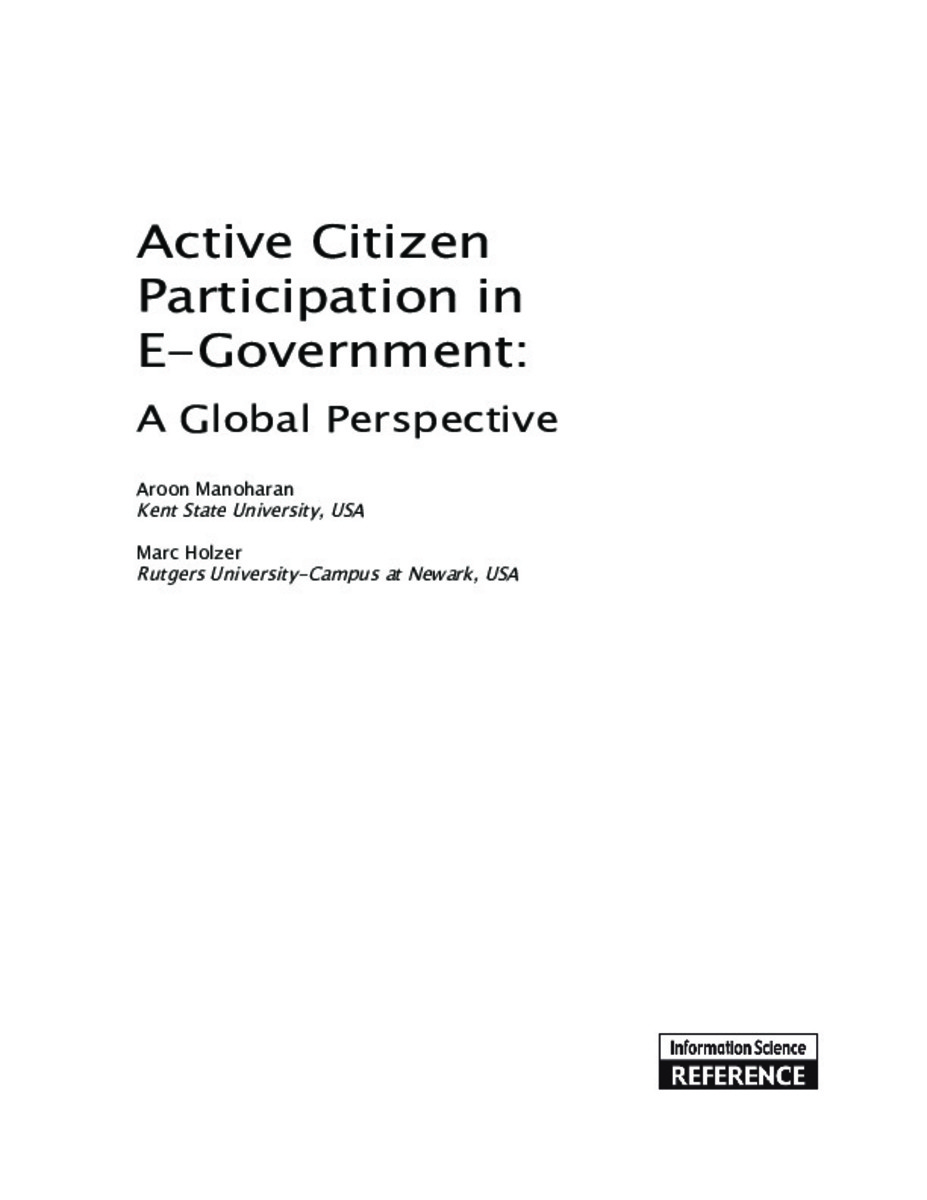Social Networks, Civic Participation, and Young People: A Literature Review and Summary of the Educational Challenges
Palabras clave :
Materias Investigacion::Educación::Ciencias de la conducta (Psicología) y orientación psicológica
Educación cívica
Fecha de publicación :
2012
Editorial :
Information Science Reference
Cita:
Lara, S. & Naval, C. (2012). Social Networks, Civic Participation, and Young People: A Literature Review and Summary of the Educational Challenges.En M. H. Aroon Manoharan (Ed.), Active Citizen Participation in E-Government:A Global Perspective (pp. 187-205). Hershey: Information Science Reference.
Aparece en las colecciones:
Estadísticas e impacto
0 citas en

0 citas en

Los ítems de Dadun están protegidos por copyright, con todos los derechos reservados, a menos que se indique lo contrario.











